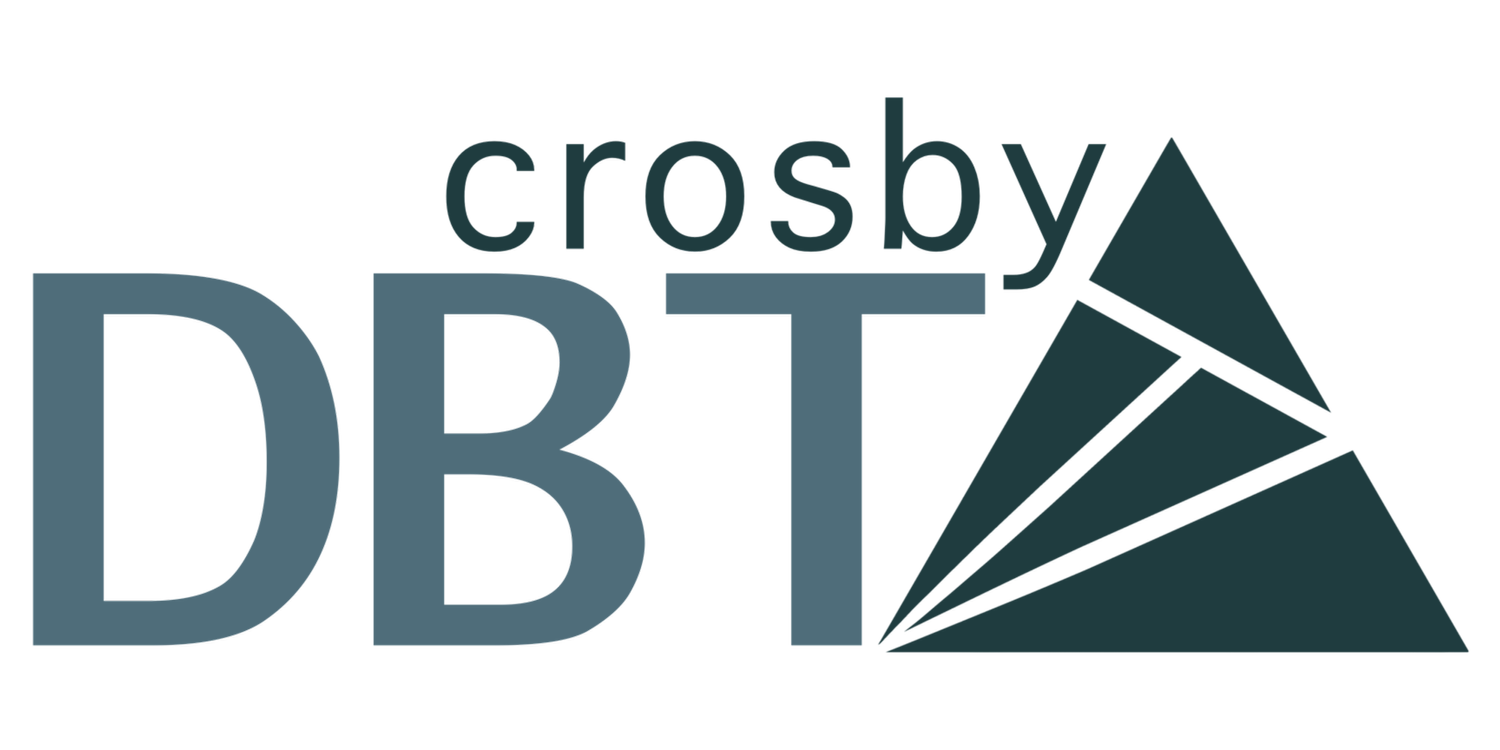FAST: Say No Without Guilt
Ever said yes when you wanted to say no—just to keep the peace?
Many of us struggle with setting boundaries because we fear being seen as selfish, difficult, or unkind. But what if you could be assertive and respectful, honest and kind?
That’s exactly what the FAST skill from Dialectical Behavior Therapy (DBT) teaches us.
What Is the FAST Skill?
FAST is part of DBT’s Interpersonal Effectiveness module. It’s designed to help you maintain your self-respect during difficult conversations—especially when:
You need to say no
You’re holding a boundary
You want to stand up for your values or beliefs
FAST helps you be firm without being harsh, and clear without feeling guilty.
The FAST Breakdown
Here’s what each letter stands for:
F – (Be) Fair
Be fair to yourself and the other person.
Avoid judging, blaming, or minimizing either person’s experience.
🗣️ “I know this is frustrating for both of us, and I still need to stick with what feels right for me.”
A – (No) Apologies
Don’t over-apologize for having needs or boundaries.
You don’t need to say “sorry” for taking up space.
🛑 Not: “Sorry, I know I’m being a pain, but…”
✅ Try: “I’ve thought about it, and I’m going to decline.”
💡 Only apologize when it’s truly necessary—not just to make others feel comfortable.
S – Stick to Your Values
Don’t compromise your values just to please others or avoid discomfort.
Identify what matters most to you—and hold to it.
🧭 “Honesty is important to me, so I need to be clear even if it’s uncomfortable.”
T – Be Truthful
Don’t exaggerate, lie, or make excuses to justify your boundary.
Just be honest—kindly, clearly, and directly.
🗣️ “I won’t be able to make it tonight. I need time to rest.”
🔑 Truth builds trust—especially when paired with respect.
Real-Life Example:
Scenario: Your boss asks you to stay late—again—and you’re already overwhelmed.
F: “I understand you’re under pressure, and I’m also at my limit this week.”
A: No apologies—just directness.
S: “I’ve committed to taking better care of my health, and that includes not overworking.”
T: “I won’t be able to stay late tonight.”
You just protected your energy and maintained self-respect—without burning bridges.
Why FAST Matters
People often confuse assertiveness with being cold or unkind. But FAST shows us you can be kind and firm at the same time.
This skill is especially useful if:
You’re a people-pleaser trying to reclaim your voice
You often feel resentful after saying “yes” when you mean “no”
You want to set boundaries without burning out or blowing up
Try This: One FAST Moment This Week
Pick a low-stakes situation where you tend to bend your boundaries. Maybe it’s:
Turning down a favor you don’t have capacity for
Telling someone you need alone time
Saying “no” to an extra project
Use the FAST steps to guide your response—and notice how it feels to honor your values without guilt.
Final Thoughts
The FAST skill reminds us that self-respect is not selfish—it’s essential.
You are allowed to say no.
You are allowed to protect your time.
You are allowed to speak your truth.
And when you do it with fairness and integrity, you build stronger boundaries and healthier relationships.
Ready to build your DBT skills toolkit?
Check out our previous posts on DEAR MAN and GIVE, and stay tuned for more practical tools to help you communicate clearly, connect deeply, and care for yourself along the way.
